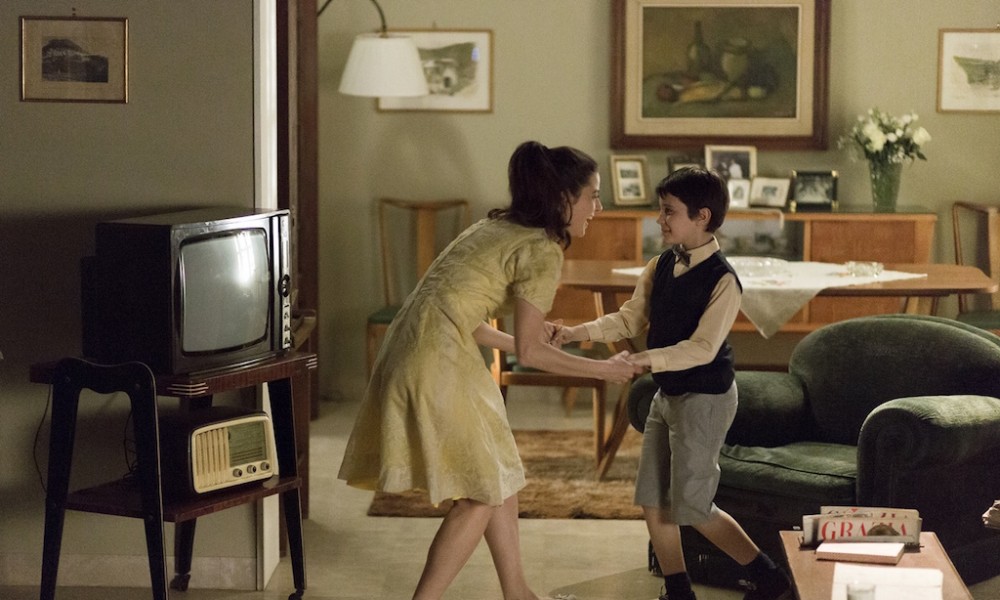Title: Fai Bei Sogni (Sweet Dreams)
Director: Marco Bellocchio
Starring: Valerio Mastrandrea, Barbara Ronchi, Nicolò Cabras, Guido Caprino, Bérénice Bejo, Pier Giorgio Belloccio, Dario Dal Pero, Dylan Ferrario, Emanuelle Devos
Massimo Gramellini is one of Italy’s most prominent journalists and writers. In 2012 he published the autobiographical book ‘Fai Bei Sogni,’ where he retraced his inner journey while growing up, to overcome the grief and sense of abandonment felt ever since he was nine years old, caused by the death of his mother.
Director Marco Bellocchio ? who encompassed a wide range of genres and subjects during his 50-year career, conquering worldwide audiences, festivals and prestigious retrospectives (such as the one at MoMa in 2014) ? adapted Gramellini’s novel for the big screen.
‘Fai Bei Sogni’ (Sweet Dreams) was presented at the 2016 Cannes Film Festival receiving lukewarm reactions from critics, who saw the film as a tribute to the cliche of Italian men’s attachment to their mothers. The movie truly does fail to convey Gramellini’s profound psychological struggle that has been so formative in his career and sensibility.
Bellocchio focuses his efforts to create a nostalgic vintage snapshot of the boot-shaped land, with a young Massimo (Nicolò Cabras) dancing with his mother (Barbara Ronchi) and watching the ‘Belphégor’ mini-series thriller that was popular in the mid-sixties. We will be given blatant clues on the mother’s depression which will lead to her suicide.
However what will haunt Massimo until his early forties will not be just growing up with a father (Guido Caprino) that lacks the warmth of his mother, but ignoring the real cause of her death, since he grows up believing it was a sudden heart attack. Massimo’s narcotic state will follow him throughout his adulthood, during his reporting career in the nineties, until he meets doctor Elisa (Bérénice Bejo) who is able to help him through a panic attack, with a pragmatic benevolence similar to the one his mother once had.
Bellocchio’s latest work lacks the stamina and emotional elaboration of Gramellini’s book. The film wanders off on a confused therapeutic analysis of the protagonist’s blindness to the truth, that numbs audiences rather than move them.
Technical: C+
Acting: B
Story: C-
Overall: C+
Written by: Chiara Spagnoli Gabardi

